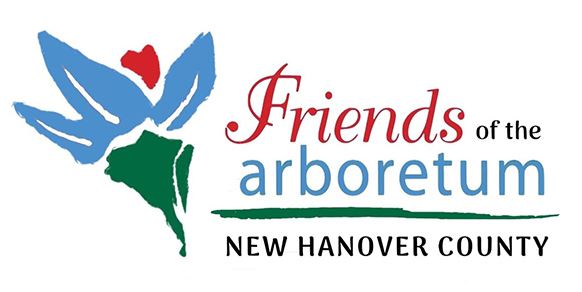Have you been preparing your garden for this spring?
Consider the Master Gardener’s Spring Plant Sale from Thursday, April 28 to Sunday, May 1.
Here are some tips to get ready for the growing season!
- 1. Remove any weeds or debris from your flower and vegetable gardens. Consider adding fresh mulch to these beds where necessary.
- 2. Prune, prune, prune. Now is a good time to prune your roses. Trees and shrubs also love a good pruning at this time of year (late winter/early spring). Chop off some of that old wood and shape the plant before those buds break dormancy. Clean off the rust and residue on your pruners or replace them.
- 3. Now we can start preparing your soil for the new season. During the winter season, your soil tends to become compacted. Loosen up that soil by tilling or turning it while mixing in well-composted mulch, leaf-litter and aged manure.
- 4. Now we get to the fun stuff, start setting up your new planters and garden beds this year. Decide what you want to plant. Information will be available to you in early April regarding the varieties of plants that will be for sale at the Arboretum.
- 5. If some of your perennials seem too crowded together, then this is the time to dig them up and replant while they are in dormancy. Dig under the plant root ball and lift it out of the ground. Then try and untangle the roots by hand. Evenly space out the plants and replant immediately.
Are your pruners dull? Have your shovels been having trouble piercing the ground?
Then come to the Master Gardener’s Spring Plant Sale from Thursday, April 28 to April 30 from 10 am to 6 pm or on Sunday, May 1, from noon to 4 pm and meet our resident gardening tool sharpener, Patrick Bertrand.
Mr. Bertrand has been a machinist for 25 years. He started sharpening restaurant knives, scissors, cutting boards, and salon shears by perfecting his own technique.
“I do everything the wrong way to find out the right way,” Bertrand says.
All he needs to do is open the back trunk of his car and start working; everything he needs is right there. He can sharpen shovels (which he says are always dull when you first get them), shears, pruners, loppers, and some people even bring their knives for him to sharpen.
Patrick tries to be as efficient as possible while promising the highest quality of product for your use. Come down to the Master Gardener’s Plant Sale and see for yourself!
Have you been stumped about what to add to your garden this spring at the Master Gardener’s Spring Plant Sale?
Then maybe you should head over to the plant clinic at the Arboretum before the plant sale begins on April 28. Master Gardeners are available in the clinic, Monday through Friday, between 10 am and 4 pm to assist you with your garden questions and provide you with helpful information on such things as companion planting and the right kind of annuals or perennials to plant for the sun and shade areas of your property. While there, you can also obtain information on what to do to analyze your soil for the proper pH and soil nutrients. You can also obtain tips on the proper pruning of your roses and other shrubs and trees.
The plant clinic can even help you maintain the quality of your garden before you add anything new to it by identifying key insects that help sustain your garden and teach you when the right time is to use pre-emergent applications. The plant clinic also emphasizes the avoidance of a blanket pesticide to keep your garden and the environment healthy. To keep your garden green come to the plant clinic for some tips and helpful take home informational fact sheets.
Has your Wilmington garden left you dissatisfied?
Don’t beat yourself up about it, just add some more native plants to the beds!
Biologists consider non-native plants like the Japanese honeysuckle and the multiflora rose to be one of the most serious problems facing the native plant and wildlife populations in the United States, but fear not! Plants native to the areas you live are easier to grow! Since plants like sunflowers, wild petunias and mistletoe have adapted their growth to life in the North Carolina area, they require little maintenance. They have adapted to the sandy and acidic soil that Wilmington is famous for.
Additionally, native plants attract local butterflies and bees, which promote even healthier plant growth. Caterpillars are picky eaters, so if you want to attract some butterflies, you have to go with the plants they are used to. Plus, if you are a lazy gardener, native plants are the way to go! Native plants that attract birds, butterflies and bees are best when left untidy, so do your part and follow in mother nature’s footsteps!
Non-native plants create competition for native ones, eventually becoming naturalized, which means that they survive, spread, and reproduce on their own. Treat your garden and community with love by planting native.
